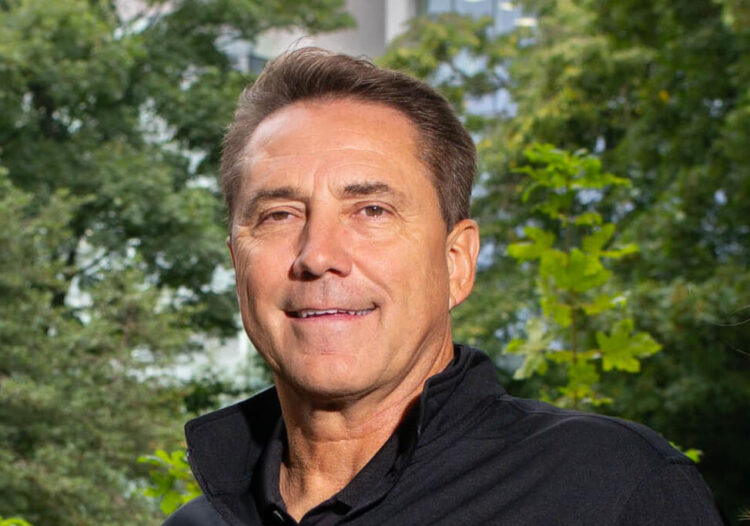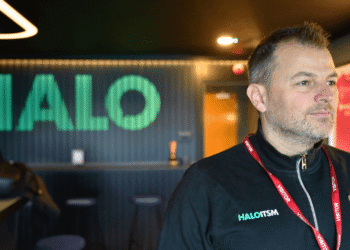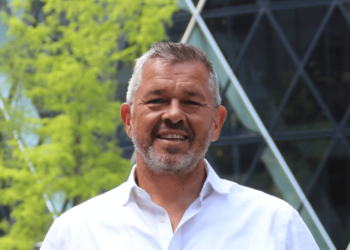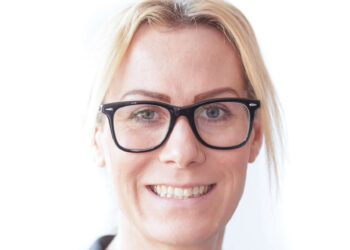Microsoft’s distribution rule change will prompt a wave of consolidation, Climb’s CEO has predicted as he characterised the prospect of it making a 2025 European acquisition “very possible”.
The fast-growing US-based distributor – which aims to rapidly grow a market for emerging software vendors – last week broke the $500m gross billings mark in its Q2.
Talking to IT Channel Oxygen, CEO Dale Foster revealed that Europe currently generates around 15% of Climb’s top line, a figure he is ultimately looking to boost to 50%.
“We’re selling speed – that is, how fast can we get an emerging product in front of as many buyers as possible,” Foster said.
“That’s why we’re acquiring in Europe. We think we can onboard a product in the US and within two to three weeks onboard it in Europe.”
“There are probably 30, and half don’t meet the criteria”
NASDAQ-listed Climb hasn’t made a European acquisition since it gobbled Irish Citrix distributor DataSolutions in 2023.
But asked about the chance of further M&A this year in Europe – where it currently has offices in Dublin, London, Ashburton and the Netherlands as well as feet on the street in France and Germany – Foster branded it “very possible”.
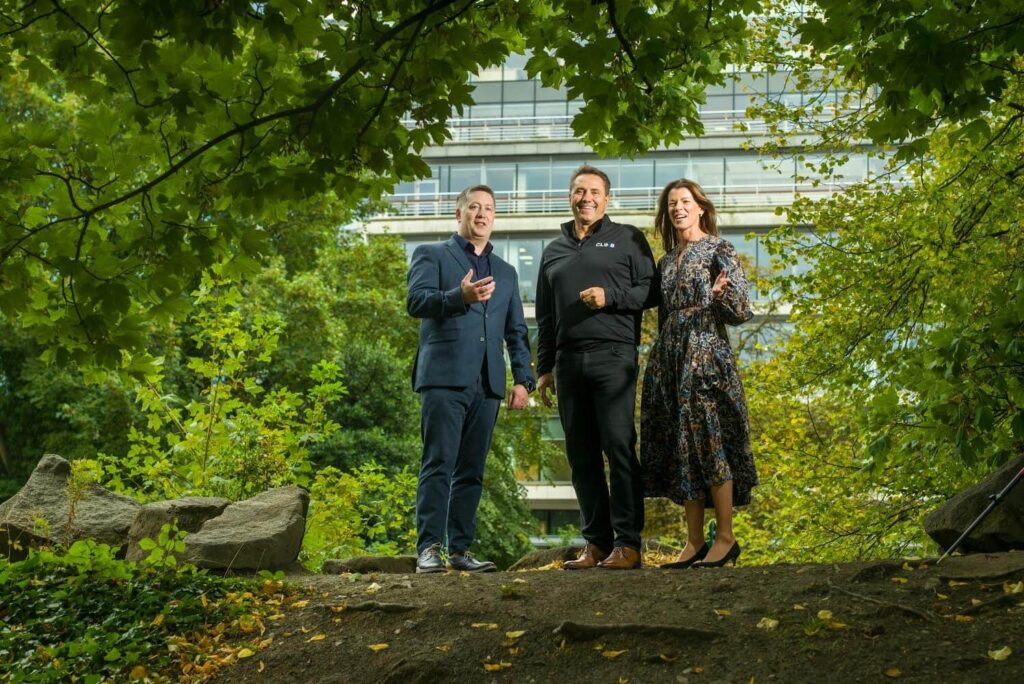
Under changes to its CSP programme unveiled in May, Microsoft announced that its distribution partners must as of October have trailing 12-month revenues of $30m per authorised region.
This has caused new acquisition targets to “pop up” on Climb’s radar, Foster said.
“There’s still consolidation happening because of Microsoft changing their rules and saying you have to be a certain size,” he said.
“You’re going to see that happen in the next nine months because most of the contracts end next May. There are probably 30 [distributors], and probably half of those don’t meet the criteria, so that’s front of mind with us on our target list.”
Having previously earmarked DACH as a priority for M&A, Foster confirmed it continues to talk to targets in that region, as well as France, Italy and Greece.
“A nice surprise”
Despite conceding that he felt it would be “a little soft”, Q2 “came out very strong in the last week-and-a-half” as gross billings hiked 39% to $500.6m, Foster said.
Although surging education sales at recently acquired US Adobe distributor Douglas Stewart Software & Services enriched Climb’s numbers, Foster also gave a shout out to the “really strong performance” of vendor partner VAST Data.
“That was just a nice surprise,” he said of the contribution from VAST, which Climb inherited through its 2022 acquisition of UK VAD Spinnakar.
Organic growth for the quarter stood at 12%, Foster revealed.
“That came from a mixture of mature and recently added vendors. Probably the one that had the biggest impact on us was Darktrace,” Foster said, adding that he hopes one day to roll its Darktrace contract from North America into Europe.
“We’re 65% in the security space, and our next biggest market is the datacentre,” Foster said.
“People will always put off buying non-essential stuff, but they won’t put off buying security products, so we’re in that sweet spot there.”
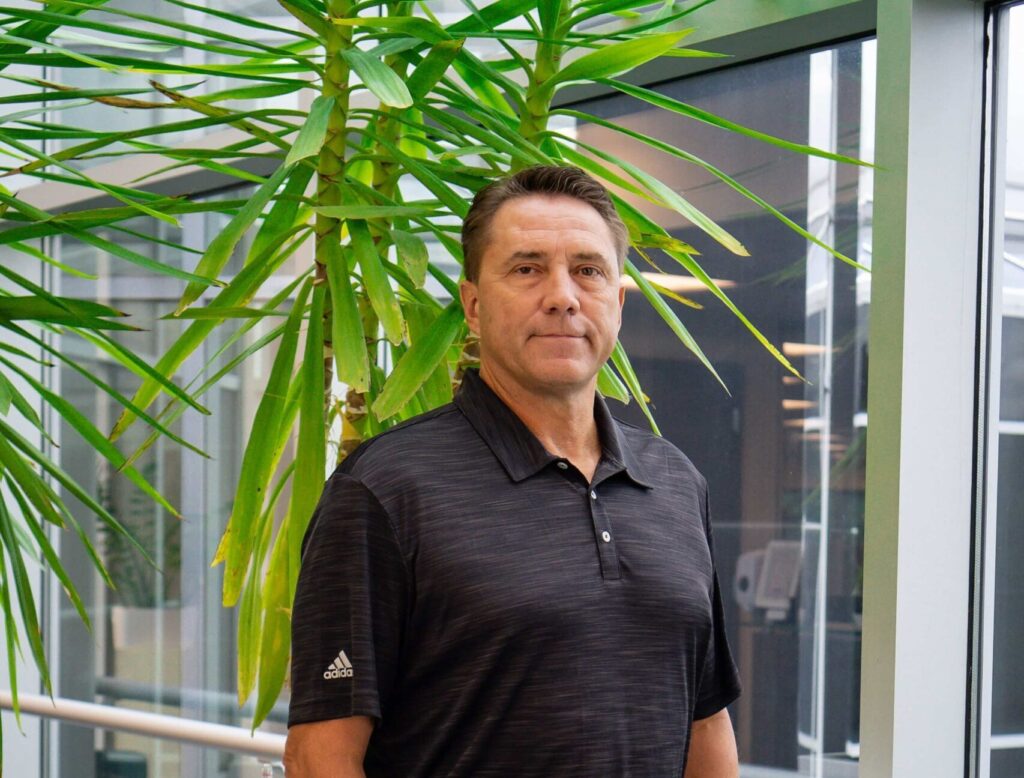
Having lost its UK&I Citrix contract in Q1 amid the vendor’s decision to move to a sole-distributor relationship with Arrow, Climb has been quick to “fill in the hole”, Foster claimed.
“After losing Citrix, the focus has been on the next five vendors and the team is going to market with those heavily,” Foster explained.
“We haven’t made reductions with our teams, we’re just very focused on ‘hey, we have sales cycles, and we have products to sell’.”
“I want my marketplace to look like Amazon”
A new marketplace originally slated to launch in Q3 is now set to go live in Q1 of 2026, Foster also revealed, adding that he wants Climb to be known as “the hyperscale marketplace for emerging products”.
“We’ve had this platform for a couple of years and it’s just not robust to where I want it to be,” Foster said of Climb’s current Expedition platform.
“Pax8 have done a great job with the smaller MSPs, but we need to be able to service not only our MSP base but also our reseller base so they can transact in the way they want to transact – which is moving quickly to more of a platform marketplace,” Foster said.
“I want my marketplace to look like every day when you go to Amazon to buy something.”
Foster also claimed he is unfazed by the rise of AWS Marketplace, which Canalys is now branding a distributor as more enterprise software sales shift to its platform.
“If you’d asked me three years ago, I would have said AWS Marketplace is going to have a big impact on our market. Now I’d say that’s totally wrong,” Foster said.
“Most of our vendors have products sitting on AWS and no one buys them, because somebody has to sell them and explain what their value is.
“And even if [customers] need to extinguish some of their spend with AWS, AWS has brought the channel into it – they’re playing pretty well with it now.
“We haven’t lost anything to AWS or any of the big marketplaces.”
Doug Woodburn is editor of IT Channel Oxygen


